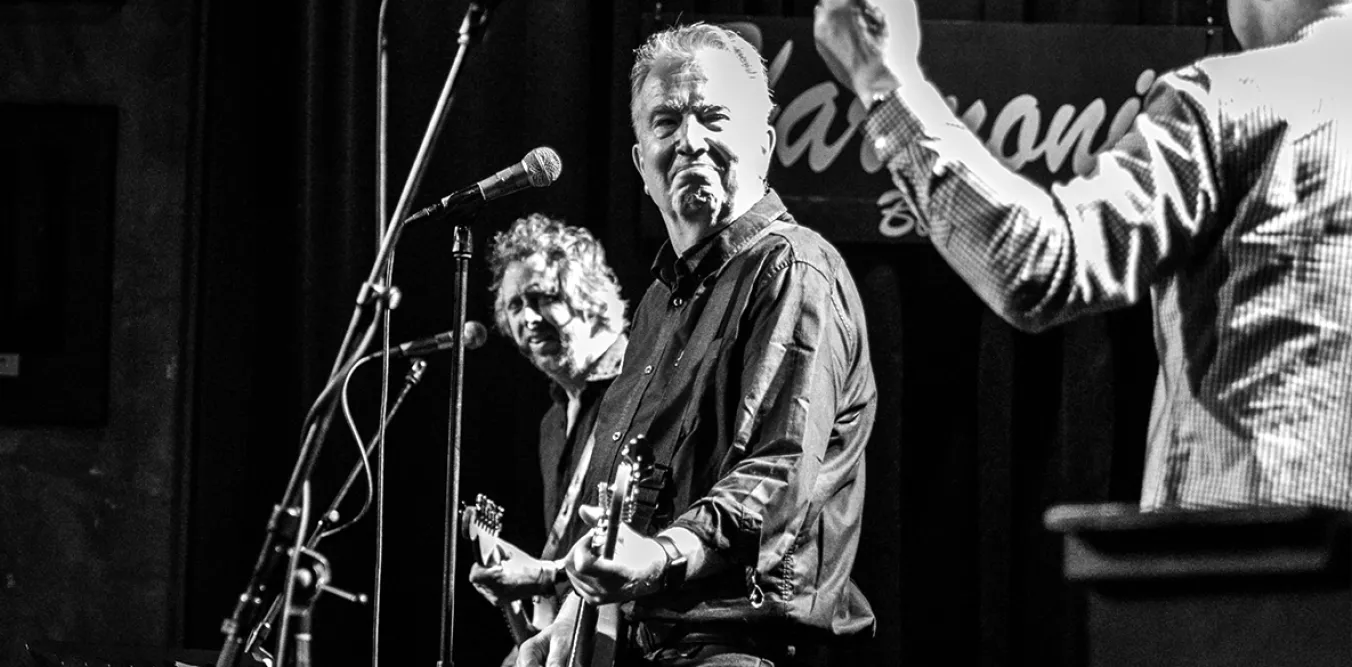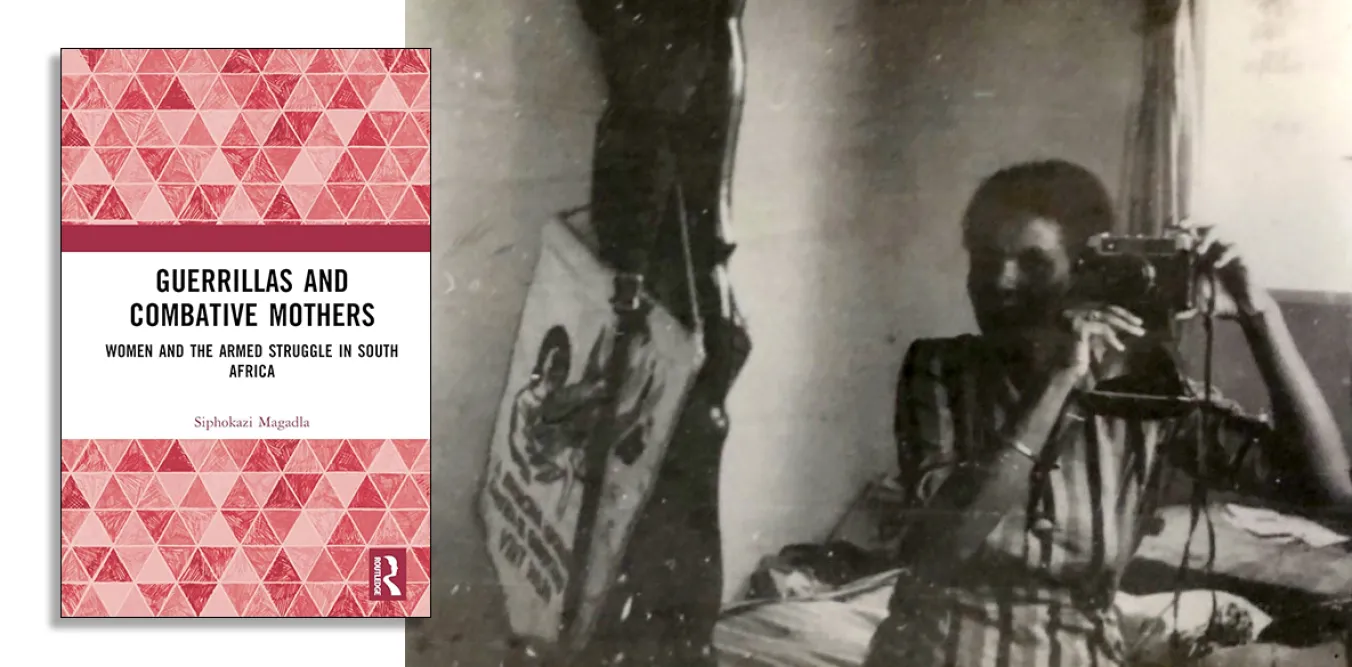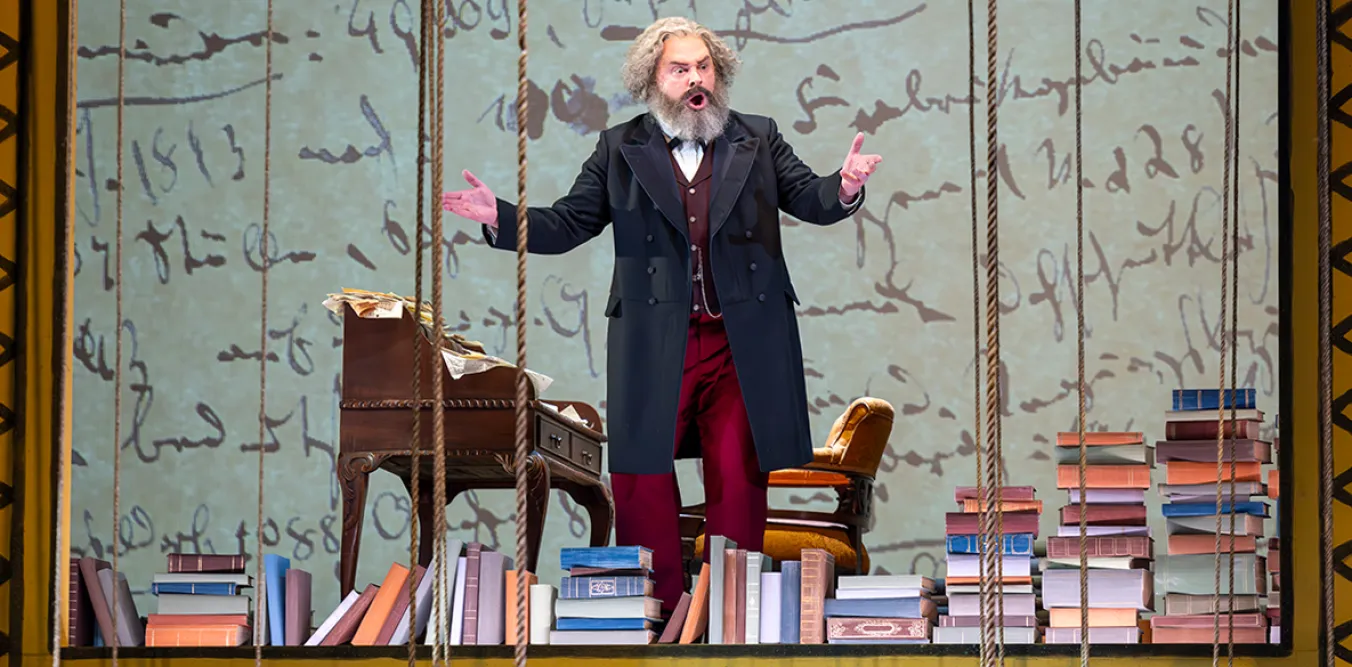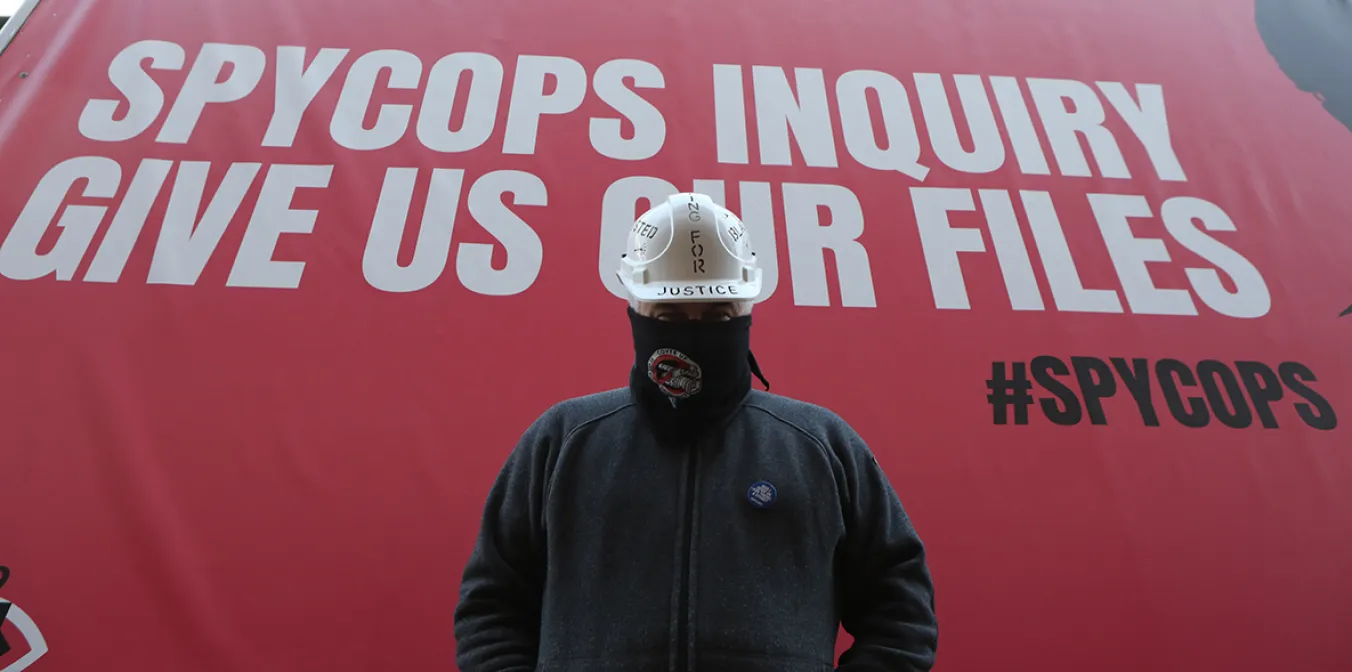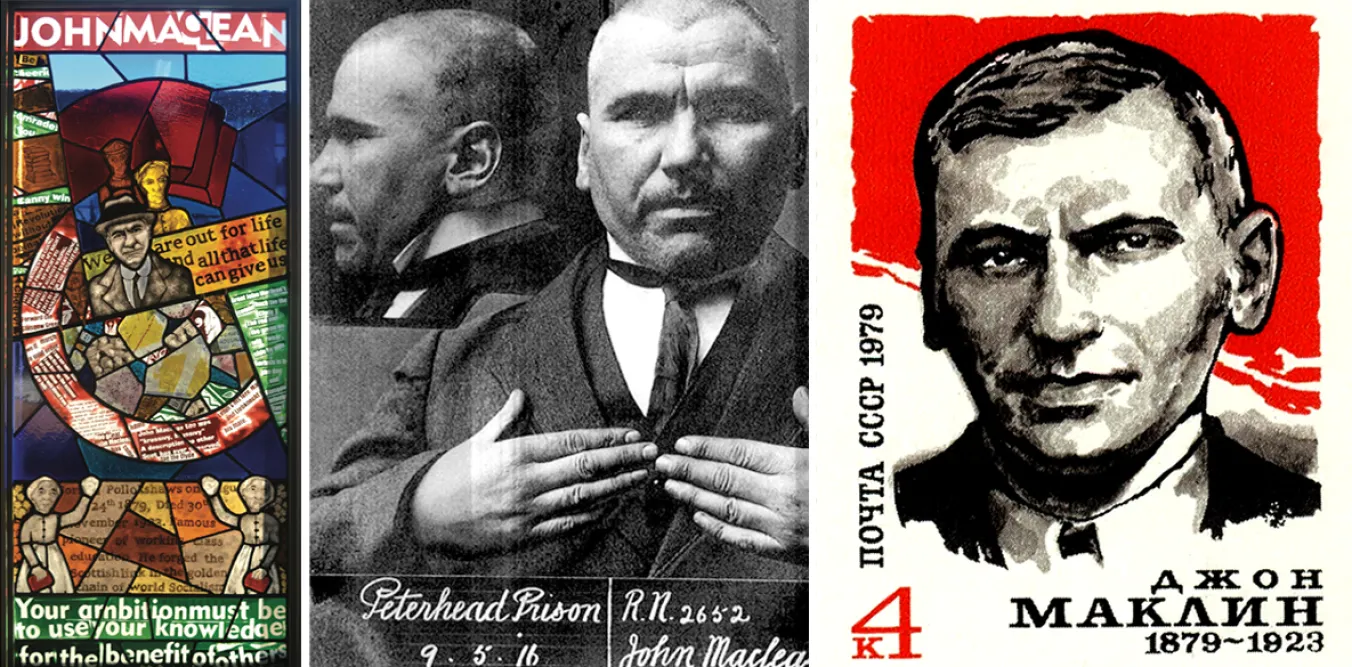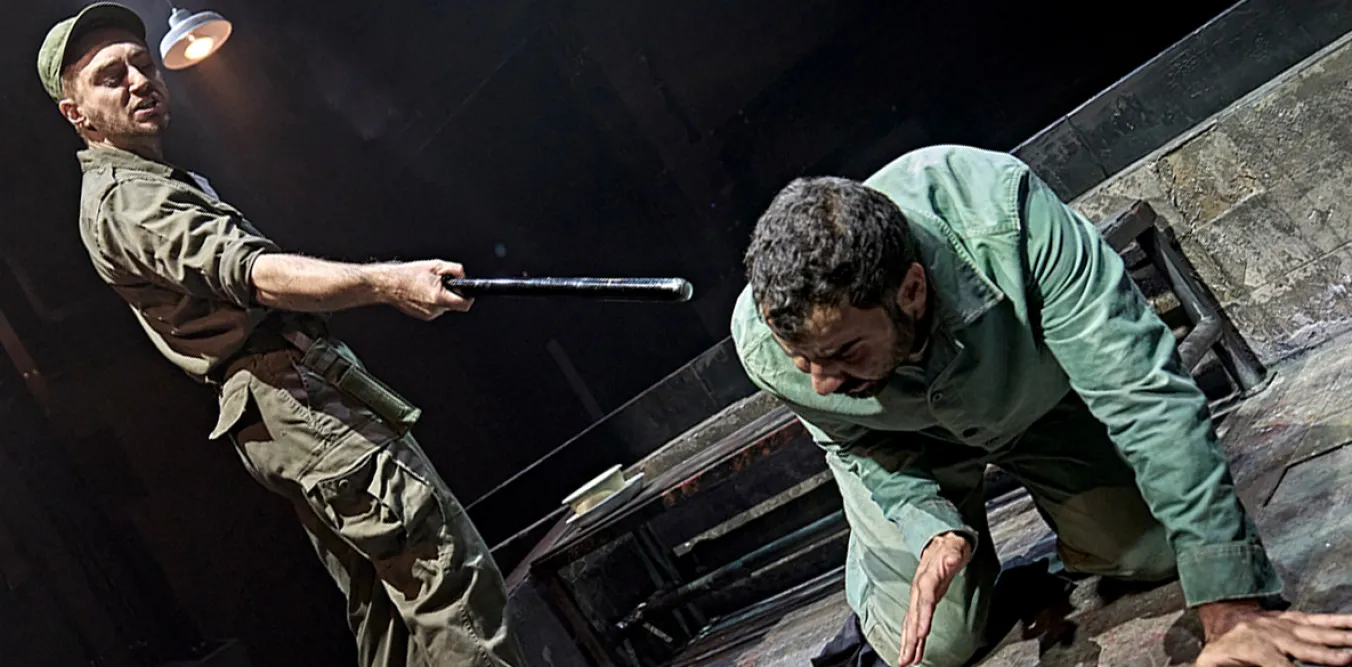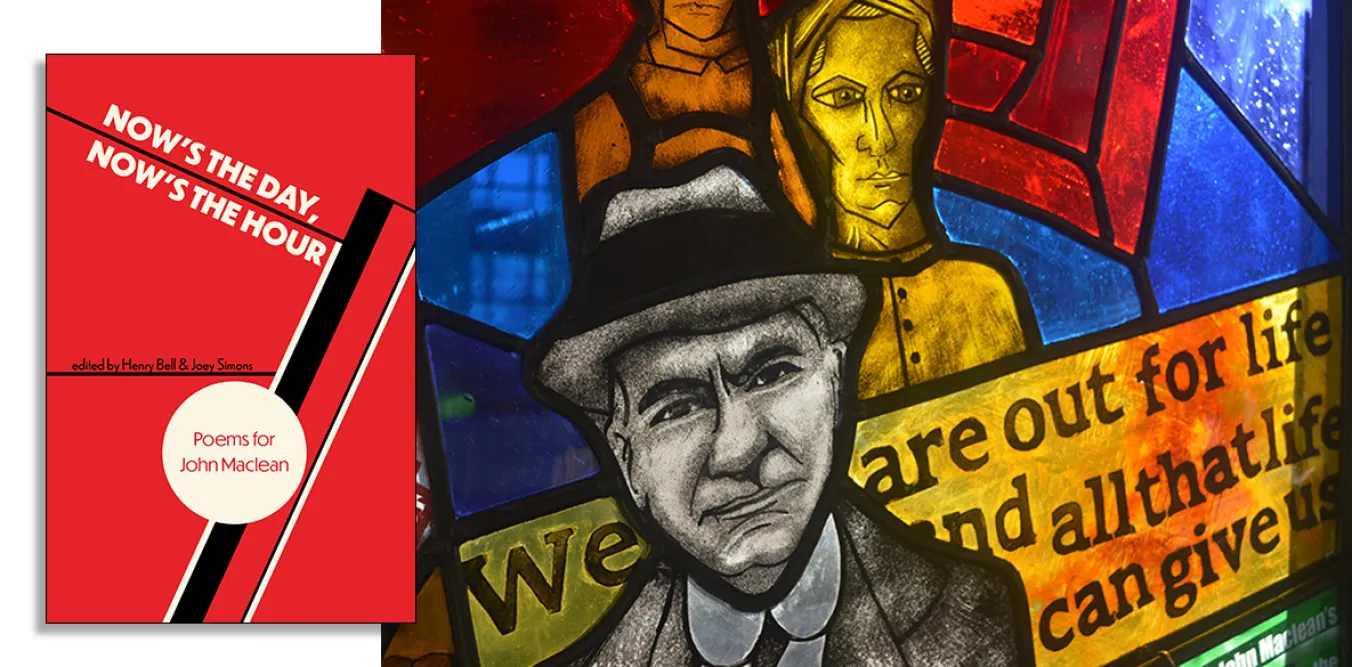
ST ANDREW’S DAY 2023 marks 100 years since the passing of 20th century Scotland’s greatest revolutionary: John Maclean.
Amid the November fog, Maclean collapsed on stage at a cinema in the Gorbals, the effects of years of force-feeding and hard labour in British jails finally extinguishing the greatest Marxist educator and agitator of his day.
Heralded by Lenin as the great hope of the British working class, and by MI5 as the most dangerous man in Britain, Maclean’s martyrdom would inspire generations of radicals.
In the 10 years preceding his death, Maclean had been handed long sentences for sedition and repeatedly released by a British government that found him as dangerous in prison as he was out on the streets.
His steadfast Marxist message would prove equally powerful in death and in 1923, tens of thousands of Glaswegians joined his funeral procession in silence with red flags held high. Tributes to Maclean poured in from the leading communists, socialists, anarchists, republicans, suffragettes and trade unionists around the world.
Through factory organising, tenement committees, street meetings, pipe bands, economics classes, socialist Sunday schools, mass demonstrations, industrial strikes, imprisonment and militant direct action, Maclean and his comrades had unleashed an energy that helped generations of people in Scotland to understand their class interests and periodically shake the bastions of political and economic power.
From the rent strikers and peace crusaders of 1915 to the international brigadiers of the 1930s; from the Tramp’s Trust and the unemployed movements of the 1920s to the Upper Clyde Shipbuilders and Lee Jeans occupations of the 1970s and ’80s; from the Glasgow Girls of the early 2000s to the surrounding of the deportation van on Kenmure Street in 2021, these movements were all imagined within the prism of “Red Clydeside” and the legacy of working-class fighters like Maclean.
Maclean’s complex and often challenging positions on Scottish independence, Irish liberation, Leninism and “clan communism,” and his association not with any party, but instead with the masses of the unemployed, immigrants and women of Glasgow’s slums, left no clear organisational or institutional legacy.
Instead it was the cultural movement that preserved Maclean’s life and work and for 100 years the legacy of Maclean has found its expression in art, poetry and song.
Poems by Hugh MacDiarmid, Sorley Maclean and Mary Brooksbanks, and songs by Hamish Henderson and Matt McGinn established “the John Maclean line” as the pre-eminent model for popular Scottish socialism.
In Glasgow, in 2023, diverse organisations have held tributes. There have been conferences at the Scottish Labour History Society, lectures at Glasgow University; evening classes at the Popular Education Network looking at the modern implications of Maclean’s teaching on imperialism, work and the economy in the light of the Palestinian struggle and the climate crisis; walking tours exploring the physical legacy of his movement; and a Scottish Republican march from his grave.
But among the most lasting tributes to Maclean this year will be the cultural contributions. As a small group of comrades, we have organised a Maclean Centenary Committee and successfully secured funding for a programme of artistic and poetic commemorations of Maclean and the liberatory movement he lived and died for.
Few traces of that movement are commemorated in Glasgow, where the statues and street names are given over to slavers and aristocrats. Those that do exist — the Maclean cairn in Pollokshaws; the Mary Barbour statue in Govan; the memorials to the international brigadiers in Glasgow and Motherwell; the Chilean solidarity monument in East Kilbride — do so only thanks to popular efforts. We are delighted to be adding to this pantheon.
On the centenary of Maclean’s death, a specially commissioned stained-glass window, designed by Keira Mclean, will be unveiled. The window itself is not a memorial, but a dialogical tool; an open-ended discussion between the many influences on Maclean’s life and his own influence on the city around him.
Opposite the ruins of Shawbridge arcade, a stone’s throw from where Maclean grew up, it will light up the learning of a new generation of Glasgow’s citizens.
Alongside it we present a provocation: Isobel Neviazsky has produced a stunning woodcut “Proposal for Tenement Mural Dedicated to Scotland’s Revolutionary, John Maclean,” commemorating his life. It speaks to the radical and uncompromising demands that Maclean made of the workers in his city and his country. We hope that it might be realised on a gable-end in Glasgow for the 150th anniversary of Maclean’s death in a few years’ time.
In a moving and ephemeral tribute, artist Ruth Ewan has produced a set of beer mats that will be distributed throughout the city’s pubs bearing Maclean’s words: “We are out for life and all that life can give us.” We hope that across the city they will provoke discussion of his life and legacy.
Within Glasgow’s libraries, citizens will be able to pick up a new collection of poetry and song exploring Maclean’s legacy — Now’s The Day, Now’s The Hour: Poems for John Maclean (Tapsalteerie Press, 2023). And in Pollokshaws Burgh Hall at 7.30pm tonight, the John Maclean Centenary Songwriting Competition will see nine new songs about Maclean performed to an audience who will select a winner.
And on January 19 next year 2,000 people will gather in the City Chambers and the Royal Concert Hall as part of Celtic Connections for the Maclean Centenary Concert, with Siobhan Miller, Karine Polwart, Eddi Reader, Billy Bragg and many more.
In the coming weeks and years we hope that through that these artworks, poems and songs will provide sustenance and inspiration to those engaged in the fight for a better world, a fight that remains as it was when Maclean died.
The demands he set out in his final election address for the Scottish Workers Republican Party are our own: the prevention of evictions; safe and well-equipped houses for all; decent food and clothing; control over our workplaces; an end to police violence; anti-imperialist solidarity; and the revolutionary transformation of Scotland and the world.
The John Maclean stained-glass window unveiling will take place at Pollokshaws Library, 60 Shawbridge Street, Glasgow G43 1RW at 3.30pm on November 30 2023.
